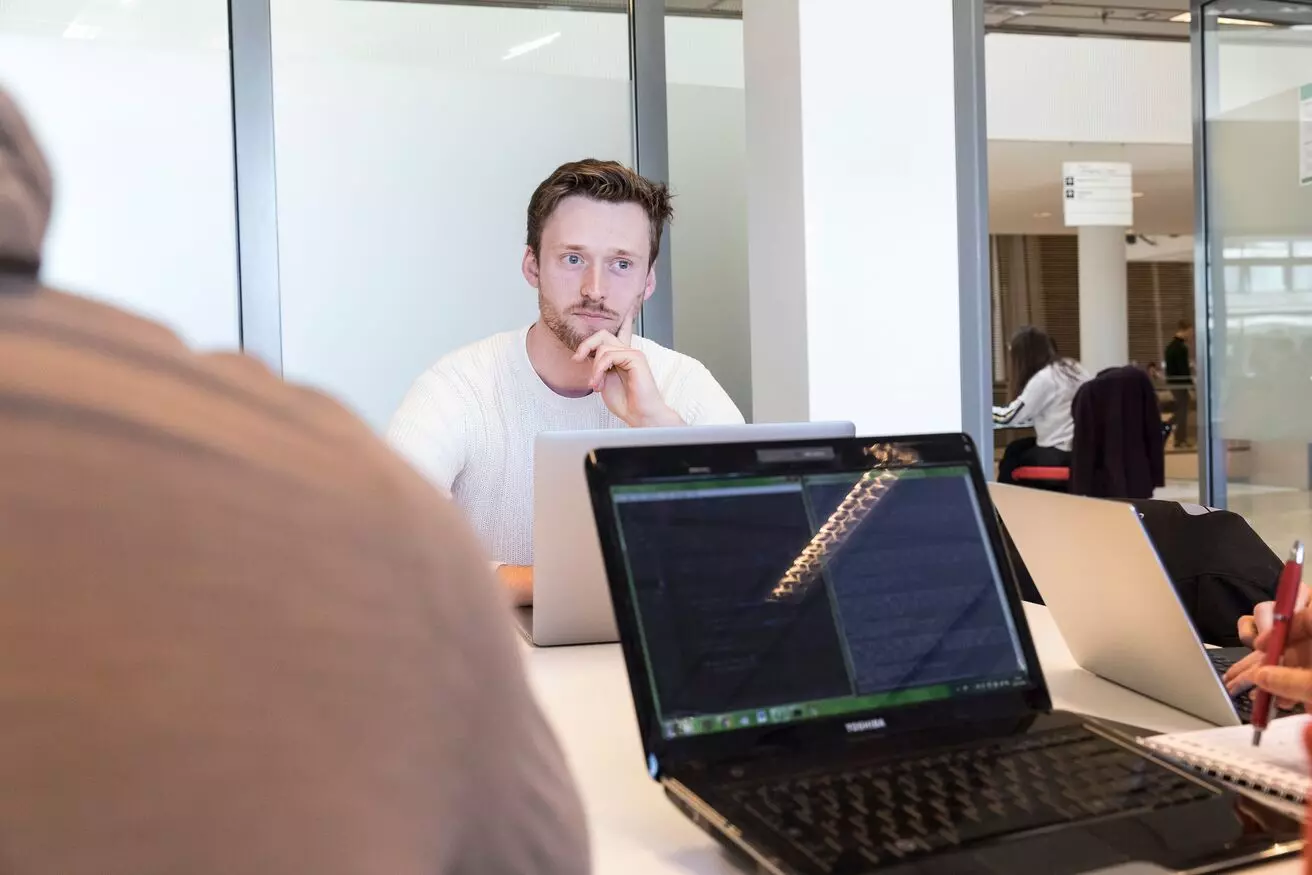Not found

More vacancies

Lecturer Paintings Conservation
- Faculty of Humanities
- €3.378 - €5.331
- Closes on18-07-2025
- Master's
- 11.4 hours
The capacity group Conservation and Restoration of Cultural Heritage is looking for a lecturer!
View vacancy
.jpg)
PhD Position on Improving Social Media Using Large Language Models
- Faculty of Science
- €2.901 - €3.707
- Closes on06-09-2025
- Master's
- 38 hours
The Institute for Logic, Language and Computation (ILLC) at the University of Amsterdam is inviting applications for a fully funded PhD position in the NWO VIDI project "Improving Social Media Using Large Language Models."
View vacancy

PhD Candidate in Cell Biology and Microscopy
- Faculty of Science
- €2.901 - €3.707
- Closes on17-08-2025
- Master's
- 38 hours
Are you fascinated by the molecular interactions that drive cellular processes and functions? Are you excited about using advanced microscopy methods and fluorescent probes to study cellular signalling? Then this may be the right job for you!
View vacancy
This website uses cookies
We, and third parties, use cookies on our website. We use cookies to ensure that our website functions properly, to store your preferences, to gain insight into visitor behavior, but also for marketing and social media purposes (showing personalized advertisements). By clicking 'Accept', you agree to the use of all cookies. In our Cookie Statement. you can read more about the cookies we use and save or change your preferences. By clicking 'Refuse' you only agree to the use of functional cookies.
